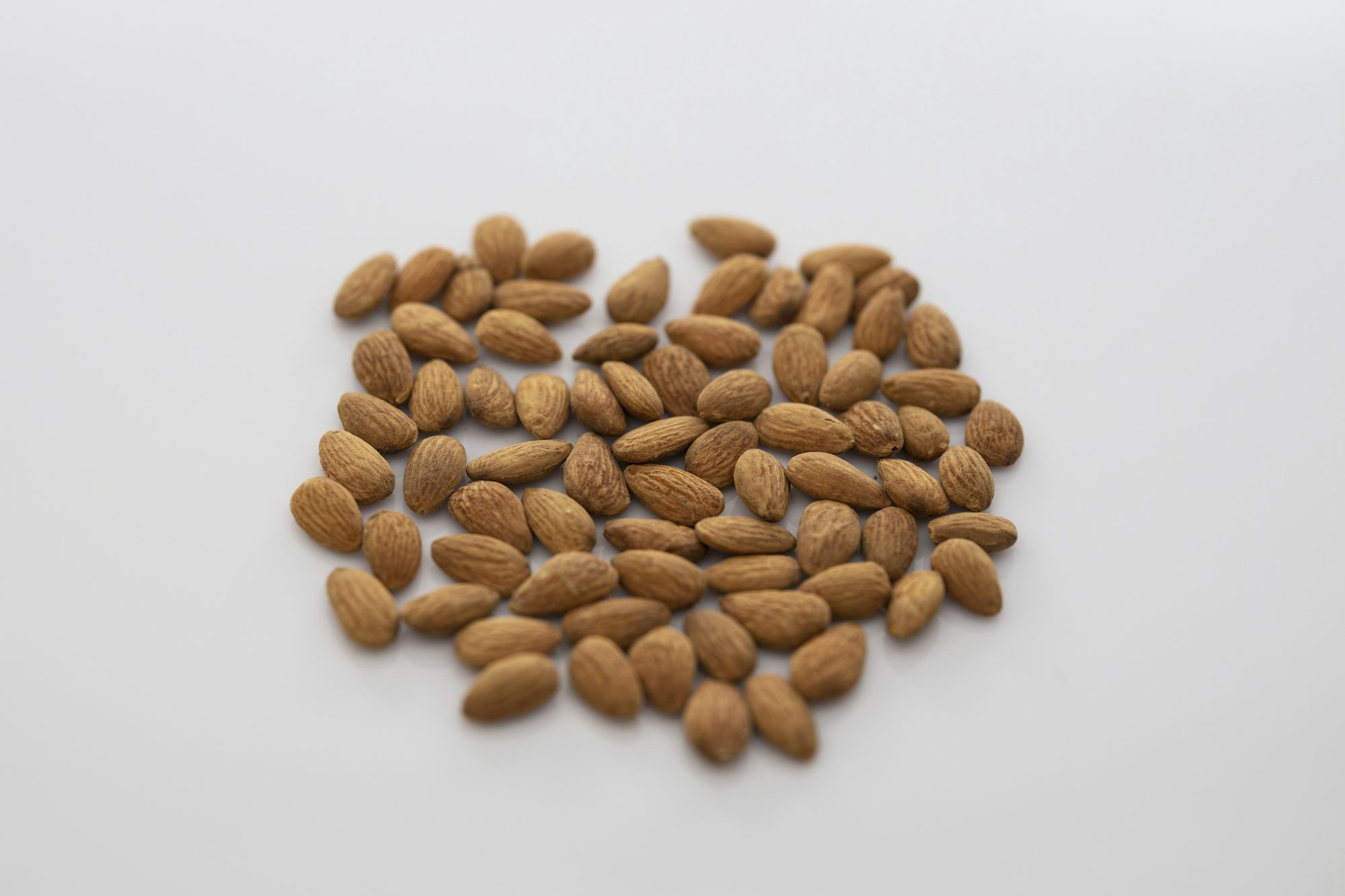In recent years, the term “superfood” has gained significant popularity in the health and wellness community. Superfoods are nutrient-rich foods considered to be especially beneficial for health and well-being. They are packed with vitamins, minerals, antioxidants, and other essential nutrients that can support optimal health and help prevent chronic diseases. This article delves into the fascinating world of superfoods, their benefits, and practical ways to incorporate them into your daily diet.
What Are Superfoods?
Superfoods are not a formal classification but rather a marketing term used to describe foods that offer extraordinary health benefits. These foods are typically rich in antioxidants, vitamins, minerals, and other compounds that contribute to health. Some well-known examples include berries, leafy greens, nuts, seeds, and certain grains.
The appeal of superfoods lies in their high nutrient density. This means that they provide a significant amount of nutrients relative to their calorie content, making them ideal choices for anyone looking to enhance their diet. Incorporating superfoods into meals can elevate the nutritional profile, providing essential nutrients while promoting overall health.
The Health Benefits of Superfoods
1. Rich in Antioxidants: Many superfoods, such as blueberries, dark chocolate, and green tea, are packed with antioxidants. Antioxidants are compounds that help neutralize free radicals in the body, which can damage cells and lead to chronic diseases. By consuming foods high in antioxidants, you can support your body’s defense mechanisms and promote long-term health.
2. Boosting Heart Health: Certain superfoods, such as avocados, oats, and fatty fish, have been linked to improved heart health. They are rich in healthy fats, fiber, and omega-3 fatty acids, which can help lower cholesterol levels, reduce inflammation, and improve overall cardiovascular function.
3. Enhancing Digestive Health: Superfoods like yogurt, sauerkraut, and chia seeds are excellent sources of probiotics and fiber. Probiotics support a healthy gut microbiome, while fiber aids digestion and promotes regular bowel movements. A healthy digestive system is vital for overall well-being and nutrient absorption.
4. Supporting Weight Management: Many superfoods are low in calories but high in fiber and protein, making them excellent choices for those looking to manage their weight. Foods like quinoa, lentils, and leafy greens can help you feel full and satisfied, reducing the likelihood of overeating.
5. Strengthening Immune Function: Foods rich in vitamins C and E, such as citrus fruits, nuts, and spinach, can boost your immune system. These vitamins play a crucial role in supporting immune function, helping your body fight off infections and maintain overall health.
6. Improving Mental Clarity: Certain superfoods, including fatty fish, blueberries, and dark chocolate, have been associated with cognitive benefits. Omega-3 fatty acids and antioxidants can support brain health, improve memory, and potentially reduce the risk of cognitive decline as we age.
Popular Superfoods to Incorporate into Your Diet
Now that we understand the benefits of superfoods, let’s explore some popular options and how to incorporate them into your meals:
1. Berries: Blueberries, strawberries, and acai berries are all nutrient-dense and high in antioxidants. Add them to smoothies, oatmeal, or yogurt for a delicious and healthy breakfast or snack.
2. Leafy Greens: Spinach, kale, and Swiss chard are loaded with vitamins, minerals, and fiber. Use them in salads, smoothies, or as a base for wraps to boost your nutrient intake.
3. Nuts and Seeds: Almonds, walnuts, chia seeds, and flaxseeds are excellent sources of healthy fats, protein, and fiber. Sprinkle them on salads, blend them into smoothies, or enjoy them as a snack.
4. Quinoa: This ancient grain is a complete protein, meaning it contains all nine essential amino acids. Use quinoa as a base for salads, bowls, or as a side dish instead of rice.
5. Fatty Fish: Salmon, mackerel, and sardines are rich in omega-3 fatty acids, which are crucial for heart and brain health. Aim to include fatty fish in your diet at least twice a week.
6. Avocado: This creamy fruit is packed with healthy monounsaturated fats and fiber. Use avocado in salads, sandwiches, or smoothies for a nutritious boost.
7. Dark Chocolate: Opt for dark chocolate with at least 70% cocoa for a delicious treat that’s also rich in antioxidants. Enjoy it in moderation as a satisfying dessert.
8. Turmeric: Known for its anti-inflammatory properties, turmeric can be added to soups, smoothies, or golden milk for a warm, healthful drink.
Practical Tips for Incorporating Superfoods
1. Start Small: If you’re new to superfoods, start by incorporating one or two into your diet each week. Gradually expand your repertoire as you discover new favorites.
2. Experiment with Recipes: Look for recipes that highlight superfoods. Many websites and cookbooks feature meals centered around these nutrient-rich foods, making it easy to try new dishes.
3. Plan Your Meals: When planning your weekly meals, make a list of superfoods you want to include. This practice helps ensure you’re making healthy choices and keeps your meals exciting.
4. Mix and Match: Combine different superfoods for maximum benefits. For example, create a smoothie with spinach, berries, chia seeds, and almond milk for a nutritious breakfast.
5. Stay Informed: Keep up with the latest research and trends in nutrition. Understanding new superfoods and their benefits can inspire you to continue exploring healthier options.
Conclusion
Superfoods are a fantastic addition to any balanced diet, offering a plethora of health benefits that can enhance overall well-being. By incorporating a variety of these nutrient-dense foods into your meals, you can support your body’s health and enjoy a diverse range of flavors and textures. Remember that no single food can provide all the nutrients your body needs, so aim for a balanced diet rich in whole, unprocessed foods. With a little creativity and planning, you can easily include superfoods in your daily meals, paving the way for a healthier lifestyle.
